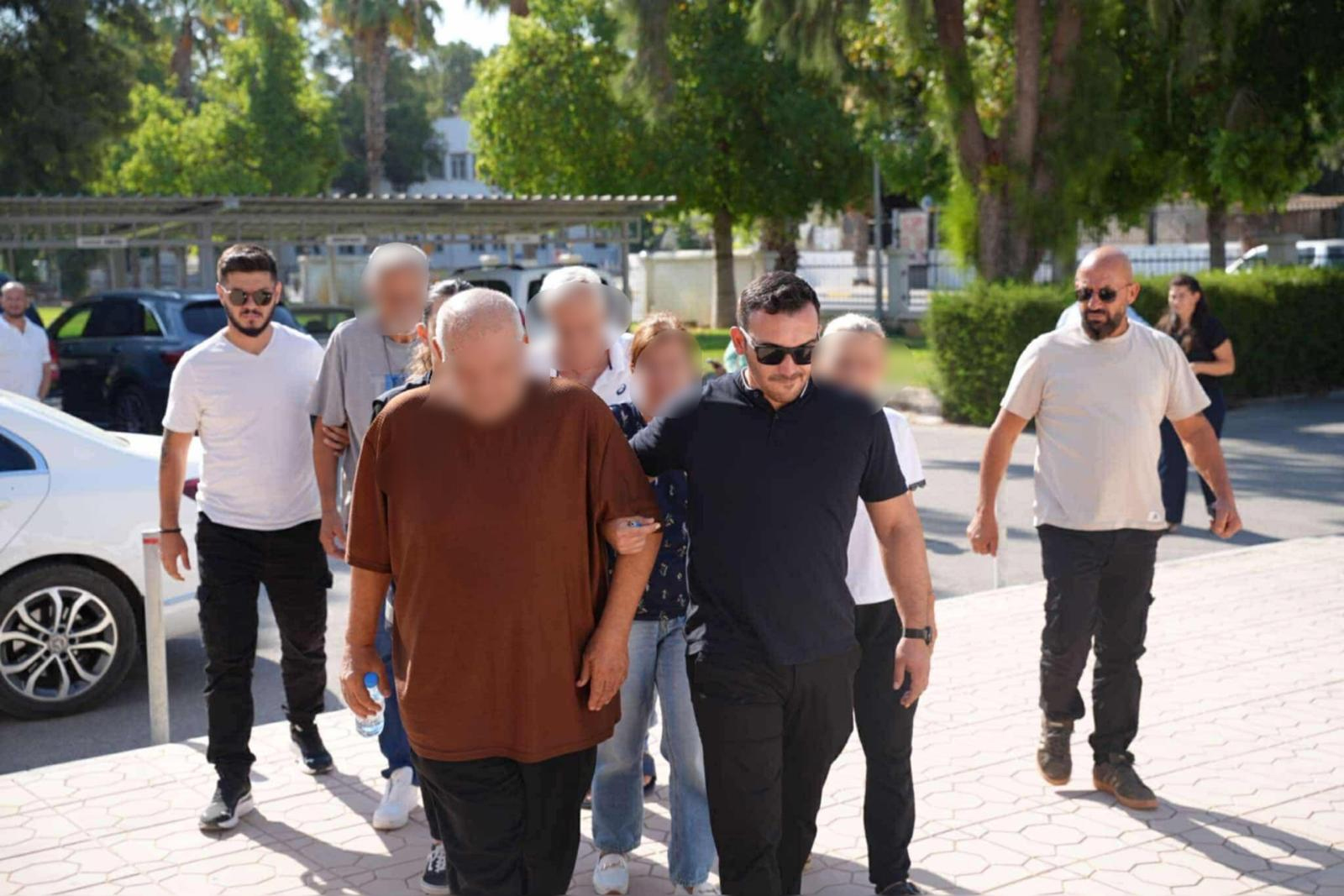Five Greek Cypriots who tried to visit their properties in northern Cyprus remain illegally detained by the Turkish-controlled authorities, the country’s Foreign Minister, Konstantinos Kombos, said on Tuesday.
He linked the detentions to Cyprus’ fourth inter-state application against Turkey at the European Court of Human Rights and stressed the need for continued monitoring of Turkey’s compliance with the ruling. Kombos made the remarks during the third session of the 18th Conference of Presidents of Parliaments of Small European States, held at the House of Representatives in Nicosia. He told delegates that small states are “not merely observers of international and regional developments but active participants” and must promote cooperation, diplomacy, and dialogue.
The session, titled “Small States in Turbulent Times of Global Instability,” focused on the challenges small countries face in a volatile international environment. Kombos highlighted that the effects of global crises are felt more acutely by small states, whose capacities are shaped by geography, size, resources, and power.
He drew a parallel between Russia’s armed attack on Ukraine, which breaches international law, and Turkey’s continuing occupation of part of Cyprus following its 1974 invasion. Kombos also mentioned Cyprus’ strategic role in the Middle East, citing initiatives such as the “Amalthea” plan to deliver humanitarian aid by sea to Gaza and the “Estia” plan to evacuate foreign nationals from conflict zones. Concluding his remarks, he said that amid intense geopolitical competition over key infrastructure and resources, small states must enhance their influence through practical initiatives and coordinated actions.
House President Annita Demetriou criticised what she called a “double standard” in international responses to violations of international law. She called on the European Union to take a leadership role in resolving conflicts and stressed that collective action by small states can produce tangible benefits for European citizens.
During the discussion that followed, parliament presidents exchanged views on ways to strengthen cooperation among small European states to address complex challenges at both European and international levels.






Click here to change your cookie preferences